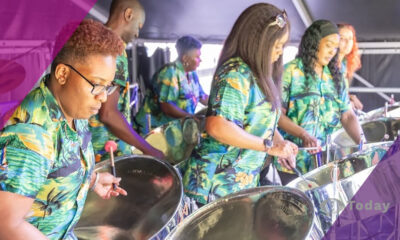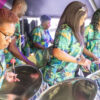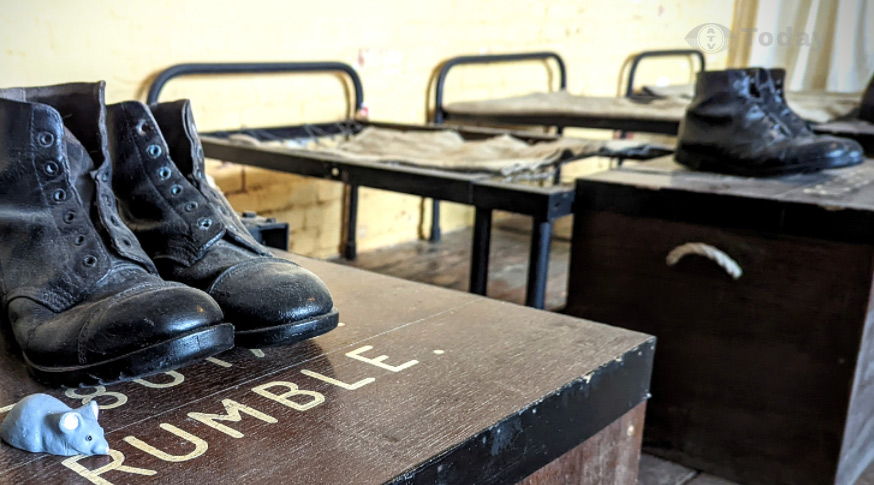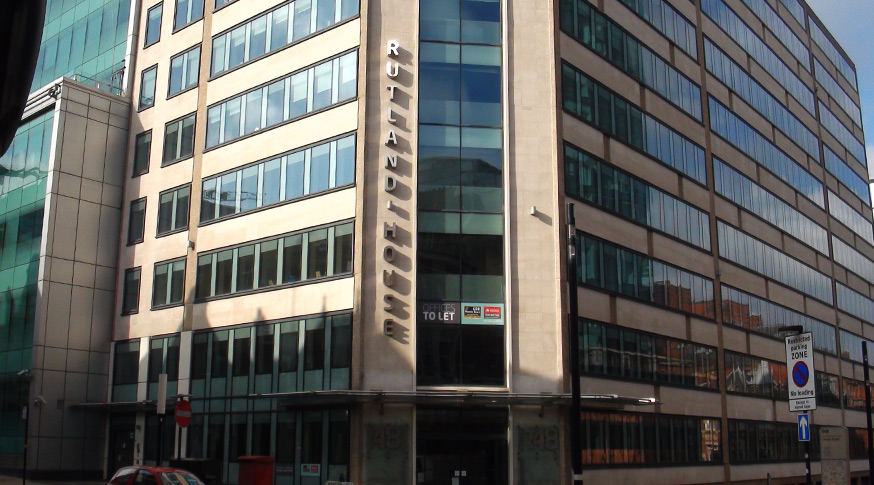“Scents of soldiers’ lives” resurrected for Nothe Fort…
Scents based on the history of Nothe Fort in Weymouth have been painstakingly recreated to immerse visitors in stories of the Victorian soldiers who lived there.
Connie Jenkins-Teague, the Events Coordinator for Nothe Fort:
“We are delighted to welcome Liam and the scent sciences of AromaPrime to the Fort for British Science Weekend. Science and history go hand-in-hand, so we are pleased to offer fun science-based activities for families to enjoy while learning about the Fort’s varied roles throughout Weymouth’s history; as Victorian coastal defence, District Emergency Centre nuclear bunker, and now Weymouth’s number one museum and heritage attraction.
“We’re excited to see visitors’ reactions to the smells being brought to life for Science Weekend. They’ll be stepping into the history of the Victorian Gundeck, nose first!”
Visitors will be able to experience these scents, and find out how they were made, at demonstrations run by AromaPrime during Science Weekend at Nothe Fort, 8th and 9th March.
AromaPrime, founded in 1968, is known for bringing the past back to life with carefully-researched scent recreations. These scents are sometimes informed by fossil evidence, old records and personal accounts, before being incorporated into museum displays and experiences. AromaPrime’s other clients include the British Museum, the Natural History Museum and Imperial War Museums.

Scents of Nothe Fort history
The interactive demonstrations at Nothe Fort, titled ‘The Science of Scent: Smells of the Fort’, will take place in the Victorian Gundeck where the soldiers would have slept. The scent recreations will include those of:
• The sleeping area; this scent reflects the crowded living quarters, the air quality, the cleanliness of uniforms and the pub-visiting habits of the soldiers.
• Coal fire smoke; this scent draws attention to the fireplace and lamps visitors will see, which wafted smoke that likely embedded into soldiers’ uniforms.
• Fort meals; this scent highlights the diet of soldiers, who would have endured much boiled meat and potatoes, with occasional boiled vegetables!
• Waste; although unpleasant, this scent gives an insight into Victorian sanitary conditions and health, partly inspired by the fact that a huge ventilation shaft was built into the Fort’s underground bathroom.

AromaPrime at Nothe Fort for a whole weekend of scientific exploration
These recreations are based on careful consideration and research, facilitated by the Fort’s knowledgeable historians and archivists. Liam R. Findlay, AromaPrime’s Historical Scenting Consultant, was initially taken on a tour of the Fort by historian Geoff Culver, who offered his insights.
Following this, the Fort’s team provided a wealth of evidence that could inform the chosen scent recreations, including cooking instructions, records of sanitary conditions, a medical manual, and newspaper archives. Liam then produced samples that the Fort’s team could assess and give feedback on.
The formulas for the bespoke recreations are exclusive to Nothe Fort to allow for use in future exhibitions and events. Liam is local to Weymouth and will also share scents based on his novel The Doom Town Dummies, which were also inspired the smellscape of the town, to show how scents can enhance works of fiction too.
Join AromaPrime at Nothe Fort for a whole weekend of scientific exploration, both Saturday 8th and Sunday 9th March, 10:30am-4:00pm, with displays also from Fun Science Dorset and John the Mad Scientist. This event will be covered by your Nothe Fort Annual Pass/General Admission ticket price. Bring the whole family!
Liam R. Findlay, Historical Scenting Consultant at AromaPrime:
“One of the challenges for this project was to decide which scents would provide the most value if recreated. Which would help transport people into the past and help them imagine they are living like the soldiers did at the time? We chose those that are not particularly fantastical, but that would best reflect the everyday lives of soldiers, and most importantly, highlight specific stories from the Fort.
“Of course, we cannot recreate scents with 100% accuracy, but we can use the available evidence, such as dietary information, clues in the Fort’s architecture (like the bathroom ventilation shaft!), and modern smells that I can sniff for comparison. My hope is that visitors will be able to close their eyes and put themselves in the soldiers’ shoes, as they stand in the very same room that the soldiers shared. Olfactory time travel!”

Liam R. Findlay, Historical Scenting Consultant at AromaPrime













